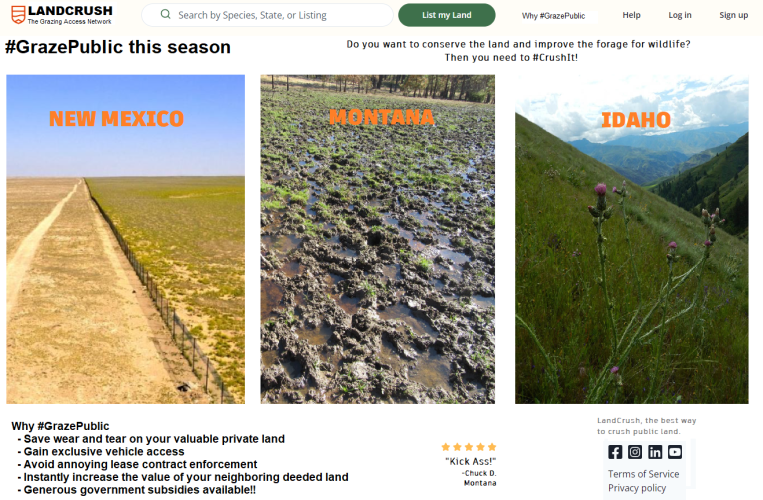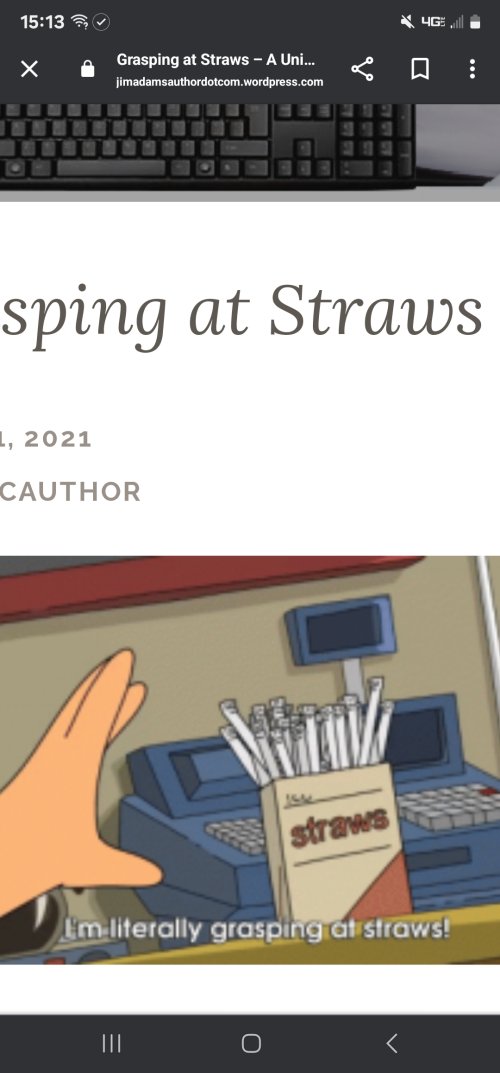Thanks for shooting straight Oak.
My take from that is that Wildlife, habitat and healthier ecosystem will continue to take a back seat to profits, subsidies and ranching welfare. If we are lucky we pick up a few targeted scraps that at some point may get tossed off the table.
Increasing Wildlife populations in the west is a pipe dream.
My take from that is that Wildlife, habitat and healthier ecosystem will continue to take a back seat to profits, subsidies and ranching welfare. If we are lucky we pick up a few targeted scraps that at some point may get tossed off the table.
Increasing Wildlife populations in the west is a pipe dream.







